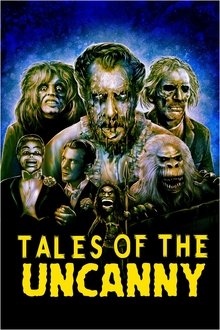In 1945, two young American soldiers, brothers Budd and Stuart Schulberg, are commissioned to collect filmed and recorded evidence of the horrors committed by the infamous Third Reich in order to prove Nazi war crimes during the Nuremberg trials (1945-46). The story of the making of Nuremberg: Its Lesson for Today, a paramount historic documentary, released in 1948.
Related Movies

My MMXX (2021)
A compilation of a filmmaker's discard footage, subtly narrating his point of view of the year 2020.
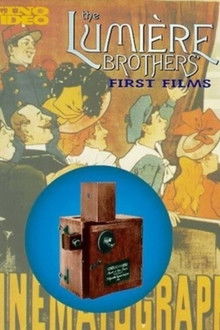
The Lumière Brothers' First Films (1996)
A collection of short films made by the Lumiere brothers, a team of pioneering filmmakers in turn-of-the-century France, narrated by Bertrand Tavernier.
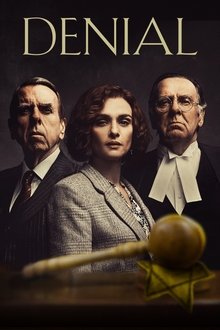
Denial (2016)
Acclaimed writer and historian Deborah E. Lipstadt must battle for historical truth to prove the Holocaust actually occurred when David Irving, a renowned denier, sues her for libel.
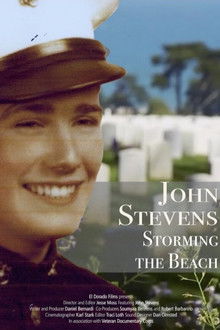
John Stevens: Storming the Beach (2017)
Lieutenant Colonel John Stevens served in both World War II and the Korean War. During the Korean War, he received a Bronze Star for leading his company in one of that war's harshest battles.
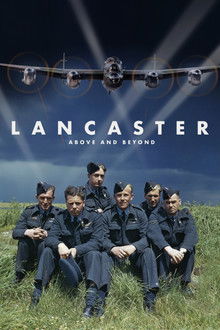
Lancaster (2022)
The story of the iconic WW2 bomber told through the words of the last surviving crew members, re-mastered archive material and extraordinary aerial footage of the RAF’s last airworthy Lancaster.

Sementara (2020)
Amid the noisy spectacle of Singapore’s golden jubilee celebrations in 2015, filmmakers Chew Chia Shao Min and Joant Úbeda conduct casual interviews with people from different walks of life, each with their own set of values and beliefs. The subjects share deeply personal stories and their perspectives on issues such as religion, race, identity and mortality. Unhurried interviews are interspersed with highly recognisable local scenes, and at times punctuated with serendipitous poetic moments.
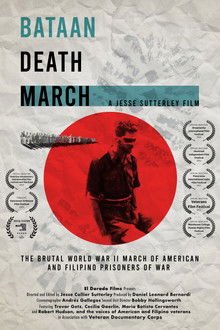
Bataan Death March (2021)
Within hours of the Japanese attack on Pearl Harbor, bombs rained down on U.S. and Filipino forces in the Philippines. After months of vicious fighting, Allied forces surrendered on the island only to be met with a brutal march to P.O.W. camps dotted across the islands. Thousands died on the marches, before reaching the P.O.W. camps where countless more died. The surrender of the Philippines, now almost forgotten in U.S. history, is commemorated in the Philippines every year.
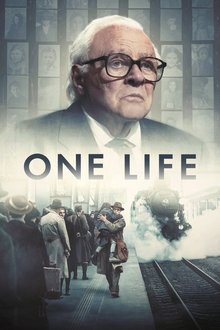
One Life (2023)
British stockbroker Nicholas Winton visits Czechoslovakia in the 1930s and forms plans to assist in the rescue of Jewish children before the onset of World War II, in an operation that came to be known as the Kindertransport.

John Travolta, le miraculé d'Hollywood (2017)
The gripping story of legendary American actor John Travolta: his rise to stardom in the 1970s; his agonizing fall in disgrace in the 1980s; and his stunning artistic rebirth in the 1990s.
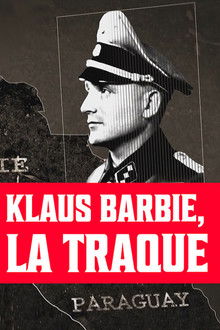
Hunting for Klaus Barbie (2017)
Historic archives shed new light on the secret history of Klaus Barbie, head of the Gestapo in Lyon in 1943-44, with particular attention being given to the scandalous protections that the German and American secret services provided him with.
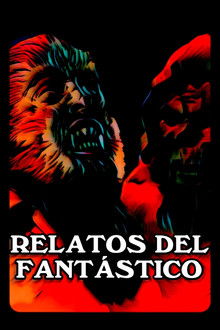
Relatos del fantástico (2019)
In 1993, Jesús Parrado interviewed actor and director Jacinto Molina, world-wide known as Paul Naschy, and director Amando de Ossorio, two key figures of the Spanish fantasy cinema. In 2019, part of this footage is rescued. The rest has lost forever.

Sex, Sensations & Superstars: The History of Danish Silent Cinema (2020)
Documentary on the rise and fall of the Danish silent film industry.
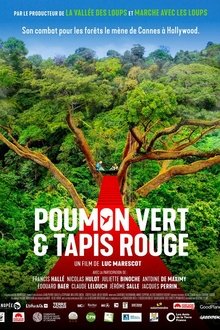
Poumon Vert et Tapis Rouge (2021)
To help Francis Hallé in his fight to save the last tropical forests, a documentary filmmaker with a passion for nature decides to make his first film: "The Botanist", an ecological thriller with Leonardo DiCaprio. He traces his path with malice, obstinacy, and discovers, with candor, the arcana of the seventh art. Even if he never gives up, will his film ever exist?
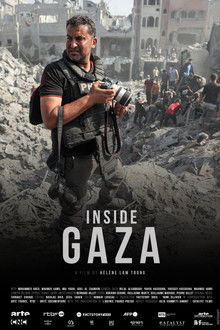
Inside Gaza (2025)
Free access to the Gaza Strip has remained closed to international journalists since the war began on October 7, 2023. AFP's permanent reporters are among the few professional witnesses to have experienced this conflict from the inside. They have watched, filmed, photographed, testified, all whilst struggling to ensure their own survival. From their exile, they recount this war, which is the deadliest ever recorded for members of the press.

Courting Danger (NaN)
Three-time tennis champion Alice Marble defies her coach, leaves the sport to become an Allied spy, gathering crucial Nazi intel for the Nuremberg trials.
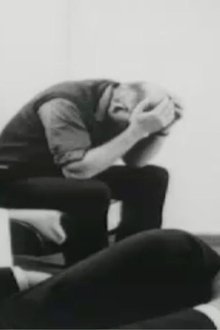
Begrijpt u nu waarom ik huil? (1969)
The work of Leiden professor Bastiaans on dealing with the trauma of war victims attracts the attention of filmmaker Louis van Gasteren. He decides to make a film about the psychotherapeutic treatment with LSD of a former concentration camp prisoner in the clinic of Bastiaans. Patient Joop is arrested in September 1941 and begins a long hellish journey through various camps, until he is liberated by the Russians. When he returns to his wife, he has become a completely different man. Joop suffers from nightmares and is incapable of normal human contact. With two cameras, Van Gasteren records approximately six and a half hours of the first treatment that Joop undergoes with Bastiaans (four more will follow later). Special attention is paid to details: Joop's hands, the sweat on his forehead, a tear running slowly down his cheek. Van Gasteren reduces the recordings to more than an hour.
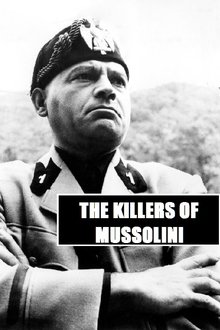
The Killers of Mussolini (1959)
As the Salo Republic crumbles around him, Mussolini, along with his mistress and several of his ministers flee with retreating Nazi soldiers, but are caught at the town of Dongo by red partisans. All are brutally executed without trial.
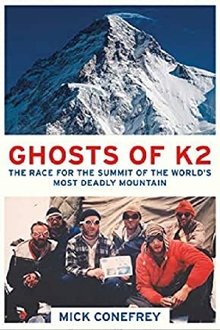
Mountain Men: The Ghosts of K2 (2001)
The dramatic stories of Fritz Wiessner’s 1939 K2 expedition and Charlie Houston’s return in 1953. K2 is one of the hardest mountains in the world to climb. This film focuses on the expeditions of Fritz Wiessner and Charlie Houston in 1953. An award winner at the Banff, Telluride, Trento and Prague film festivals.

